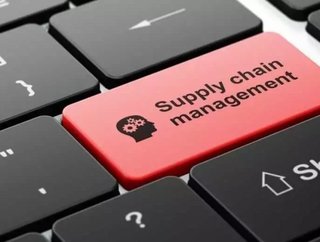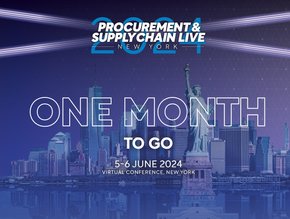Mobility, collaboration and transportation: key supply chain trends for 2015

Mobility and real-time connected businesses, collaboration and transportation will be the key focus for supply chain projects in 2015 states a report by supply chain mobility specialists Rocket Consulting.
Top three supply chain trends, 2015
Mobility and real-time connected businesses: Rocket Consulting is seeing growing demand for mobility related projects in the B2B and B2C space that connect businesses following the launch of its mobile logistics management application LogiScope in April 2014. LogiScope provides end-to-end delivery and returns management information in real and right time to inform decision-making, improve customer service and drive down costs.
In addition, the data derived from mobile devices and connected businesses provides a feed for predictive analytics. For example, equipment and vehicle breakdowns can be anticipated, or a series of events that needs further investigation flagged. This enables organisations to convert unplanned, expensive maintenance into planned downtime, thereby improving efficiency and cost-effectiveness.
Collaboration: Collaboration tools allow more accurate planning and document sharing, along with the ability to adhere to standard procedures. This increases supply chain efficiency, drives down costs and increases compliance. For example, using customs-approved electronic documentation, labeling, and electronic submission at all stages of the supply chain speeds up the process of moving goods through customs.
Transportation: Mobility, connected businesses and collaboration are driven by the transportation needs of today’s organisations, which have multiple partners and business entities, and operate across large geographies over long timescales.
Increasing the efficiency of the supply chain, as well as visibility throughout the process, can significantly reduce transport-related costs for the supplier. These include additional spend related to transport mode decisions, such as a last minute, forced change from sea to air transportation to ensure timescales are met; fees that must be paid if items are detained at port; penalties for non-compliance with customs regulations; and customer contract costs for delayed projects.
Effective transportation systems also ensure that organisations have visibility of all shipments so they know where any item is at any given time, which allows proactive and timely management of events, both regular and unexpected. In addition, it provides key insight into costs, so that enterprises can be confident that these are accurate.
Lewis Marston, CEO and founder of Rocket Consulting, explains: “There is a lot of discussion about future technologies such as drone deliveries and the Internet of Things. There is no denying that these are exciting developments and that the technologies have a key role to play in future. But in terms of concrete investments and immediate activity, our focus is on projects that deliver on mobility and connected businesses, collaboration and transportation as organisations look to increase the efficiency of their supply chain to reduce costs and scale up customer service.”






